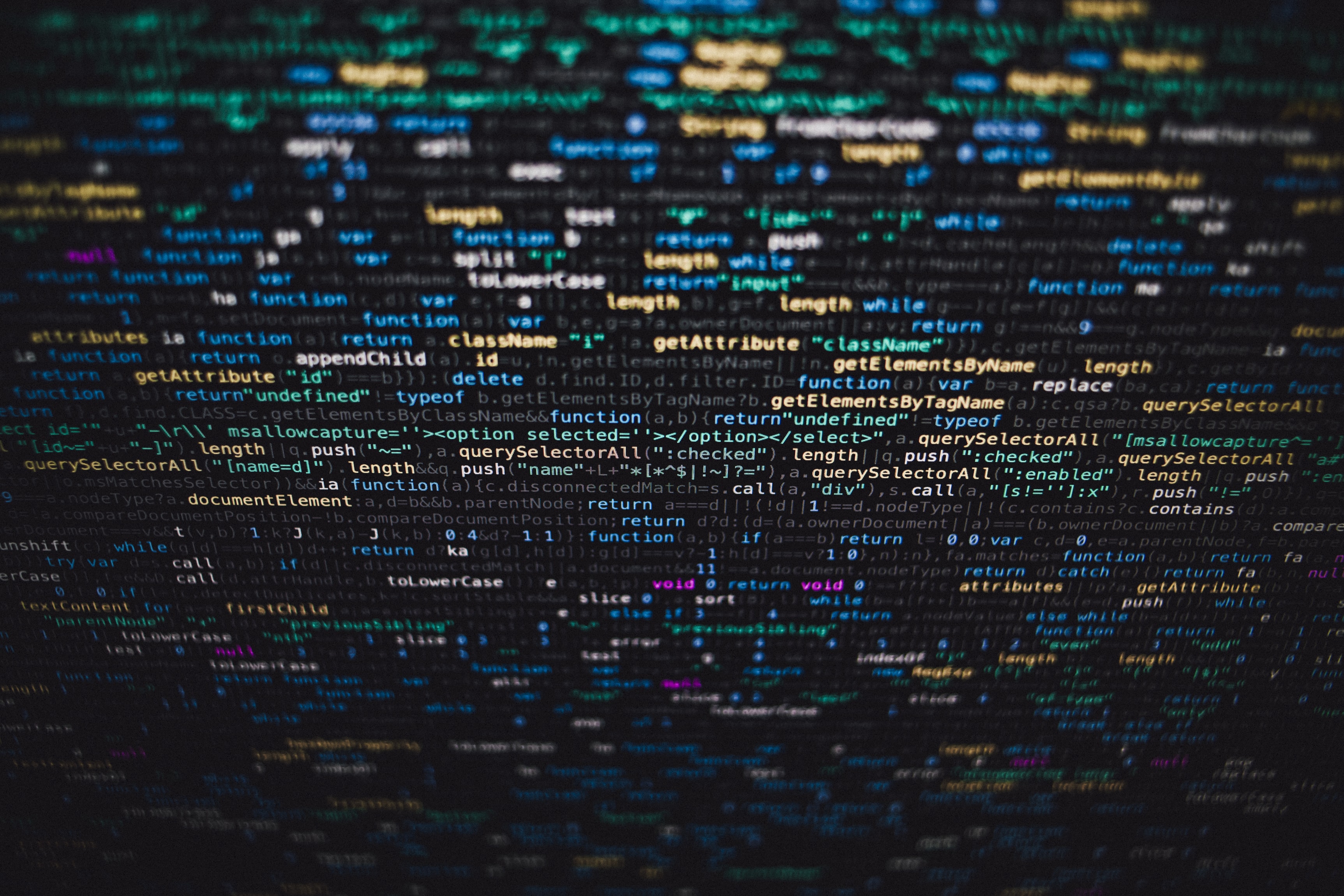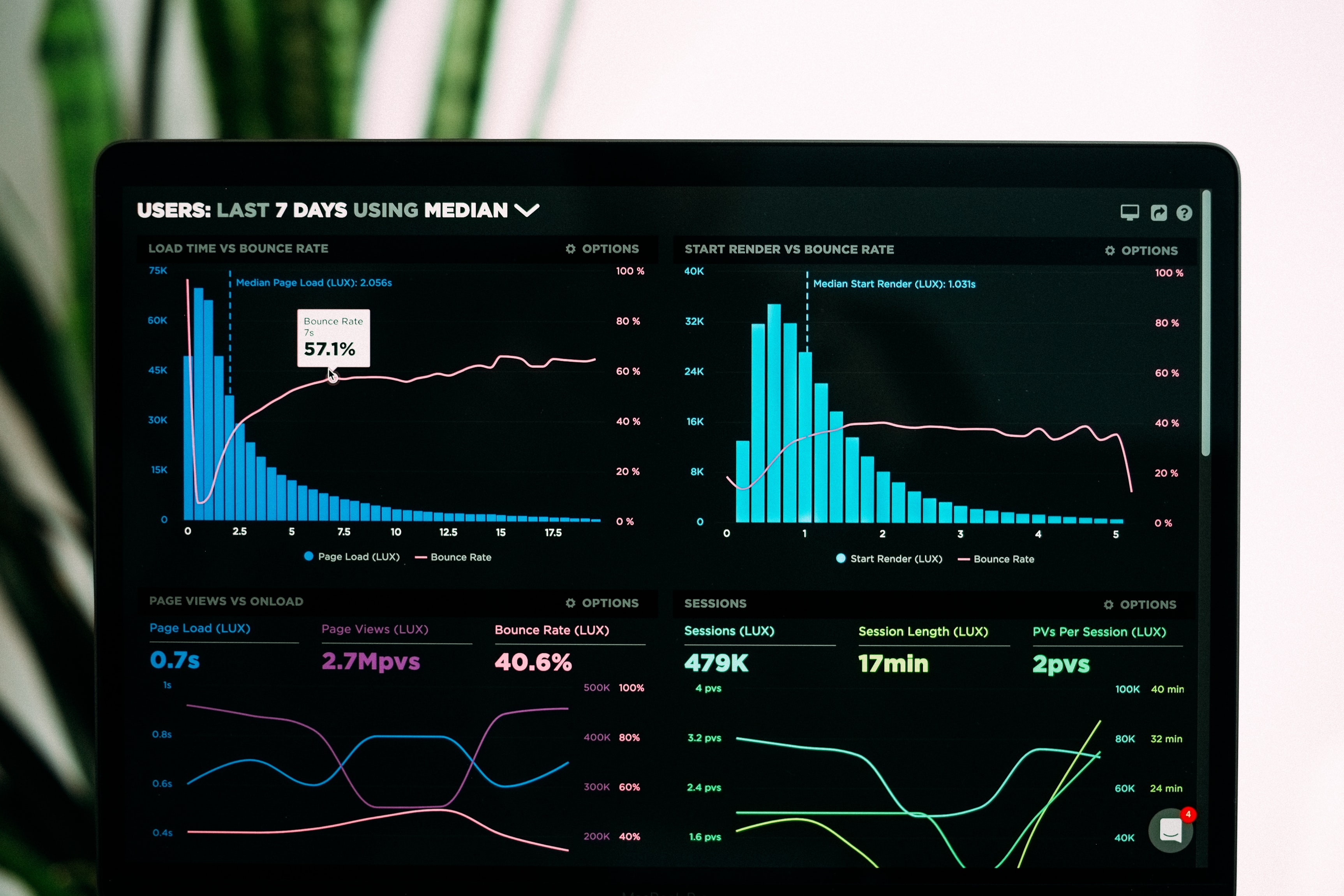Consumers in Isolation
The COVID-19 pandemic has brought about the degradation of social institutions. Restaurants, movie theaters, and gyms lie abandoned, cars no longer fill the street. Social institutions where humans congregated and interacted are now gone. These stay-at-home orders issued by the government and encouraged by the public have relegated the vast majority of American citizens to their homes.
Reports show that this pattern is here to stay. Georgia, one of the first states to allow businesses to reopen, found that consumer willingness to visit physical locations did not improve significantly, even after a massive push to reopen businesses out of economic fears. In fact, local businesses were pressured to remain closed through email and phone calls. There is a social stigma against non-essential businesses reopening that will remain in spite of economic anxiety.
The domination of online shopping may trend till the end of the pandemic. In the meantime, corporations face a dire need to transition to online platforming, if and where possible. Fitness trainers now publish exercise demonstrations online. Streaming video-on-demand platforms such as Netflix, Amazon Prime Video, and Hulu have added movie releases to their libraries that would otherwise be in theaters. Restaurants focus entirely on delivery and pick-up orders, totally restructuring their business model and physical layout. What results is an interplay with what surveillance studies term surveillance capitalism and Big Data.
Classic Surveillance Capitalism
Surveillance capitalism is not a new concept in surveillance studies. Definable as the implementation of surveillance practices in a capitalist economic system, it has two main tenets:
data is able to be collected and compartmentalized for societal functions; that data can be commodified and used as an input of labor
David Lyon, one of the most important surveillance scholars, describes the evolution of societies into surveillance capitalism in one of his articles. Beginning with the documentation of property ownership and land titles thousands of years ago, many developed countries document details such as property ownership, income level, disability, political affiliation, and marital status for purposes such as tax collection, welfare benefits, and voting rights. Lyon terms this the Dossier Society: a society whose institutions rely on individual data to facilitate benefits and services.
However, we’re more concerned with data as an economic commodity. While it is a hard task to effectively mobilize the sheer volume of data available to developed countries such as America, an article by business and management scholar Sara Degli-Eposti discusses how such a system operates.
So, how do firms extract and interpret data? Degli-Esposti terms this dataveillance, the “the systematic monitoring of people or groups, by means of personal data systems”. Here’s a quick example: a loyalty card system. Thousands of consumers opt in for a loyalty card. They get specialized promotions. Recommendations. Discounts. Their purchase history and responsivity to promotions is tied to their profile, which may contain information such as birthdate or gender. Suddenly, consumer data can be matched with demographic info across thousands of data sources, all without a conventional camera. This isn’t just loyalty cards or even tiered pricing systems; this can be any firm that incentivizes the use of an account.
By recording observations, identifying and tracking consumer trends, analyzing such data, and using that to make business decisions such as how to advertise and design their products… firms have the ability to conduct business on a level of efficiency and precision never seen before.
What surveillance capitalism fundamentally deals with, then, is Big Data—”the management problems, IT needs, and economic opportunities that organizations face as a result of [the] business process of digitization, the expansion of the digital economy, and the proliferation of internet-mediated human activities”. As more businesses shift online, they ultimately outperform businesses who don’t. The ability to find out what demographics to target, what products to produce more of, to expansion of business and management of financial risk, there is just a massive incentive to transition to online-oriented modalities, even before the pandemic.
Data is the single most important input of labor in a surveillance capitalist society. So much so that it’s essentially a prerequisite for it. But, let’s take a step back. Who generates data for firms? What are the consequences of this system?
Shoshana Zuboff
Another eminent surveillance scholar, Shoshana Zuboff, focuses on the ramifications of such a surveillance capitalist society in a documentary published on YouTube. If every one of our actions can be digitized and commodified, how can firms abuse it? Fundamentally, Zuboff highlights the ethical debate around surveillance capitalist methods as it relates to privacy and human integrity…
Even if consumers opt into using their personal info, what’s recorded without consent? This idea is explained through behavioral surplus; the data extracted by firms is often more than they actually need for business. For example, Google records all search queries, even down to what words were misspelled.
At what point do we lose agency over our private lives? An anecdote she relates is that of a woman who, merely by searching non-fragrant shampoos on Target, was recommended childcare products by Target’s algorithm that alerted her family to her pregnancy—before she knew herself or was ready to tell them. This illustrates an inherent risk of surveillance-based algorithms being so good at identifying personal characteristics that it may very well expose private, intimate details as an unintended consequence.
How can governments use technology inherent to surveillance capitalism for their agenda? Facial recognition technology developed by the Chinese government has been used to study the facial features of people in Facebook photos and video to identify, track, and imprison ethnic minorities such as the Uyghur Muslims in China’s Xin-jiang camps.
How do firms and technological development firms intersect and partner with other corporate entities? In the case of mobile game Pokémon Go, corporate giants such as Starbucks and McDonald’s are able to purchase lure modules such as Pokémon Go gyms from Niantic in order to bring customers to their locations, thereby increasing revenue for both Niantic and respective businesses. While not directly related to consumer data inputs, this conveys how firms can manipulate consumer behavior to guide their purchasing decisions without the use of direct advertising.
Related to the above question, while Degli-Esposti states that transparency over how consumer data is used is crucial for firm’s reputations, Zuboff argues firms have little to no responsibility to be transparent. By rhetorically framing their use of data as necessary to improve a service—purely for the benefit of consumers, they’re able to get away with so much. Able to waive away responsibility and accountability. Able to disincentivize critical thinking. Able to train consumers not to question or think—merely to consume.
These are just some of the ethical dilemmas associated with surveillance capitalism and Big Data. The data economy is not limited to the private sector, nor is it only for the benefit of consumers. Perhaps Shoshana Zuboff’s most challenging question to us, as consumers in a surveillance capitalist system, is how does it feel to be reduced to a single data point? To have your actions distilled into an input of labor for corporations to use? To be filed under a demographic? To have your psychology steered using methodologies that are subliminal and beyond your control? She asks relevant questions about the application of surveillance technology in a capitalist system—questions that are all the more relevant now that so much of the economy has been digitized by necessity.
A New Precedent through Quarantine
All of our discourse so far has been centered on the world as we knew it. We haven’t even begun to synthesize surveillance capitalism with the great unknown brought about by COVID-19. And while the effects of pre-COVID-19 surveillance capitalism and Big Data are still very much understudied and fresh for evaluation, we definitely have a new lens with which to analyze this.
Online shopping, digital subscription services, and e-commerce have soared as a result of COVID-19. This doesn’t just impact consumers, though. Firms have found that bridging and facilitating communication via online platforms has proven vital to sustaining business. In fact, almost everyone seems ready to embrace and accept technology as a coping mechanism for the pandemic.
Returning to surveillance scholar David Lyon, this phenomena can be explained through his notion of cultures of surveillance: “the focused, systematic and routine attention to personal details for purposes of influence, management, protection or direction”, that, moreover, produces culture. A negotiated system of meaning that explains human behavior and values.
Surveillance capitalism and Big Data are just facets of our culture of surveillance. Our economy functions as a result of a tacitly negotiated process where firms are able to extract our data and use it for commercial purposes, as facilitated by digital means, because we crave efficiency and optimization. And yes, the COVID-19 pandemic may represent a new precedent for societies engrained in capitalism, technology, and surveillance. By isolating people in homes and shuttering stores, it has accelerated the rate in which firms and consumers accept technology as a way to streamline, optimize, and solve. Big Data companies will only see more opportunity to expand, and the issues Shoshana Zuboff highlights may deepen even further. Digital privacy as we know it—as tenuous as it already is—could erode even further.
A Personal Reflection
As a Film and Economics major, it’s been exhilarating watching the entertainment industry deal with the pandemic. But part of that is a shift towards over-the-top streaming platforms like Netflix, a platform that’s very much a reflection of narrowcasting content to niche demographics as defined by viewership. A platform that’s proven extremely capable of synthesizing and amalgamating ideas to make the next big hit, a la House of Cards. These changes that are occurring could very well have extreme ramifications for both of my majors.
An ‘agnostic’ viewpoint isn’t entirely beneficial. To simply look at things as objectively as possible, to give in to the admission that there isn’t enough data to definitively prove anything, or to blindly accept the ensuing digitization of society… it seems very much like a copout. Zuboff pinpoints grave social issues that have already developed as a result of surveillance capitalism. And while it’s hard to outright resist the tide of culture in bringing about technologicized commerce, what people need to hold onto is their ability to think critically. Their ability to hold firms and themselves accountable, and make value judgments on what benefits them vs. makes them unduly subject to corporate interests. That’s the key to coexisting with COVID-19’s economic and social ramifications.







